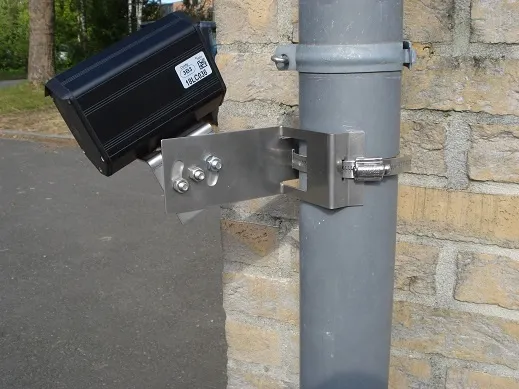
Swiss wireless and positioning modules supplier,
The range includes multi-mode, multi-carrier and specific LTE-only modules for large North American carriers and provide long-term LTE technology at lower speeds (10Mb/s download, 5Mb/s upload), which is said to ideal for industrial and connected-car applications, and at a lower cost than typical LTE Category 4 modules. All modules operate from -40°C to +85°C while the combination of performance and versatility is said to make them suited for M2M applications including telematics and surveillance systems requiring Voice-over-LTE (VoLTE).
The modules have u-blox’s nested design allowing users to upgrade products with each new generation of u-blox wireless modules without having to change the PCB designs.








